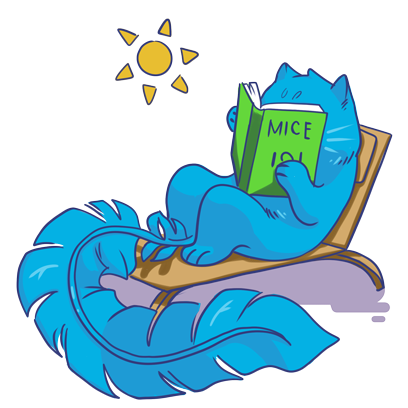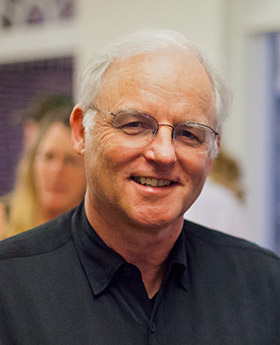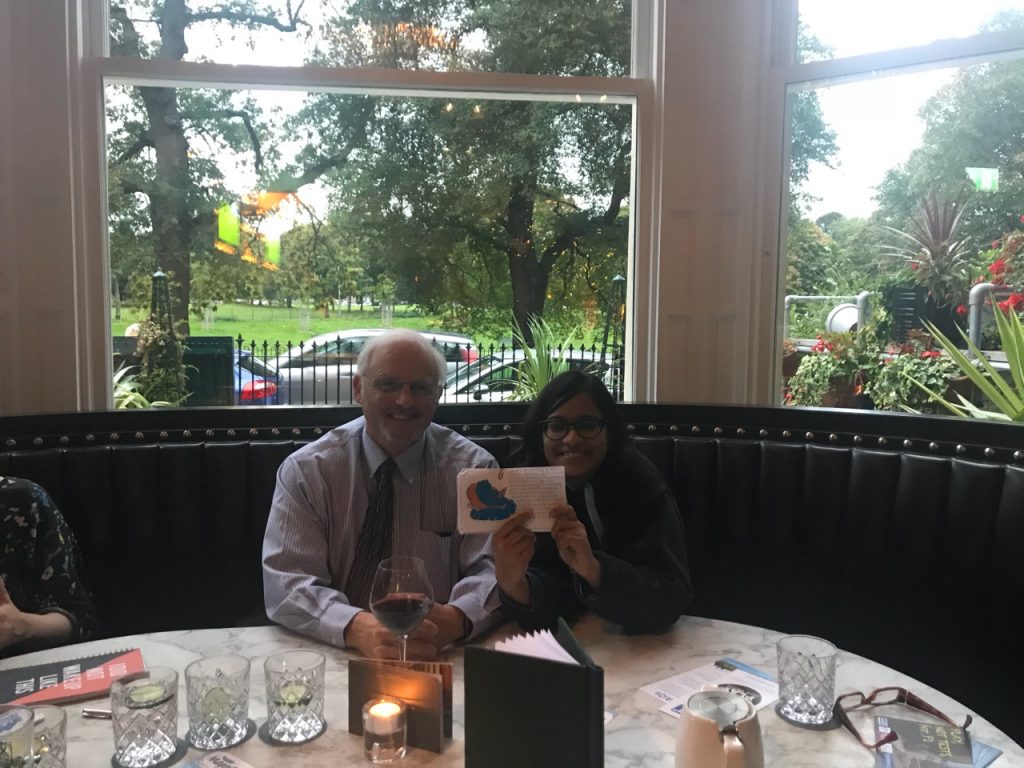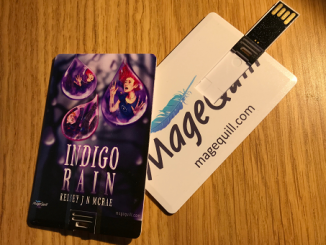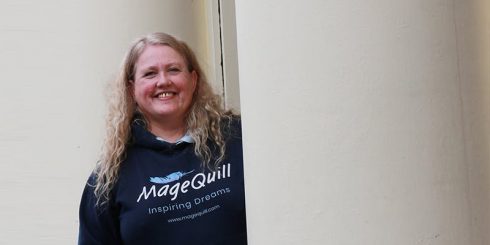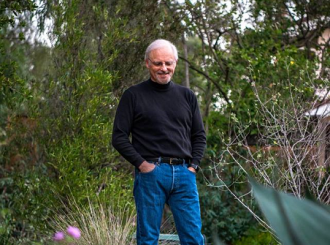Richard Louv
by Swara Shukla · Published · Updated
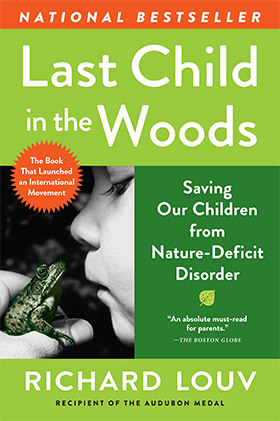
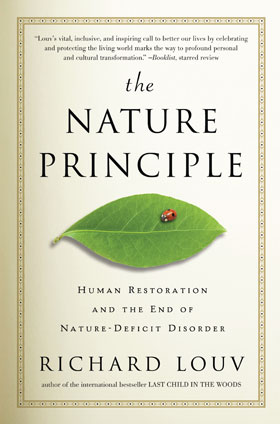
Richard Louv is an American journalist and author of nine books, including Last Child in the Woods: Saving Our Children From Nature-Deficit Disorder, The Nature Principle: Reconnecting with Life in a Virtual Age, and most recently Vitamin N: The Essential Guide to a Nature-Rich Life: 500 Ways to Enrich Your Family’s Health & Happiness.
He is co-founder and Chairman Emeritus of the Children & Nature Network, an organization helping build the international movement to connect people and communities to the natural world. He has written for The New York Times, The Washington Post, the Times of London, Orion, Outside and other newspapers and magazines.
Married to Kathy Frederick Louv, he is the father of two young men, Jason and Matthew. He would rather hike than write.
You have to go outside in nature to get your needed Vitamin N (for nature) – or, for that matter, your Vitamin D. But if you do go outside, you’ll probably get to know more wild animals. So, here’s a suggestion — a story about a person, a storyteller, who is stuck inside and has no ideas for stories. Then one day, she or he goes outside to find nature in a city. There is nature in the city. The crevices in the sidewalk can be nature, if they look at that.
Or they could go into the wilderness, for example, in the north of Scotland. And you could follow this person to see what they find and how they respond as they explore. Maybe what they find is a Scottish wild cat; there are only 400 of them left, did you know that? So now you have a story of this one person and the Scottish Wild Cat, and they have an adventure.
By the end of the story, this person – who had no Vitamin N in his or her life in the beginning – now has a lot more energy and is much more excited about life.
How many amongst the 400 endangered cats are blue? I am genuinely curious.
Oh, the Blue Cat is the most endangered species of Scottish wild cats, I’m sure!
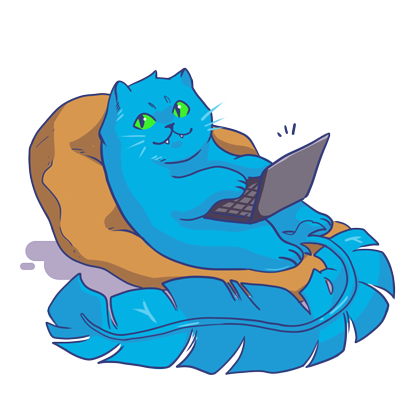
You just named some of the symptoms! Maybe you are spending too much time glued to the screen. Maybe you sleep on the keyboard?
I will neither confirm nor deny.
You need to get away from the computer, and go outside! But be careful with the songbirds. Don’t kill them. Protect nature. By the way one of the questions could be: Are you feeling blue? There’s a symptom!

As you told me just now, you spend all this time on the laptop; hypothetically, some of your senses will be weakened – spatial senses. Scientists that study the human senses no longer talk about five senses these days; they talk conservatively about 9 or 10 senses. Some of the scientists even talk about 30 or more human senses, most of which we don’t use. So, if the you are sitting on the computer all the time, you are spending a lot of energy blocking out most of those senses. I am not against technology, but there is a slogan – and one of my favourites – in The Nature Principle, my second book on this topic; “the more hi-tech our world becomes, the more nature we need”. The more time you spend on that keyboard, the more you need nature as a balancing agent. You need to get out more to activate the senses that are shut down. There’s so much emphasis placed on digital knowledge and working in the digital world, but there’s this whole other world of senses which aid creativity and psychological health and help us know the world.
The ideal is to activate both sets of senses – the ones we use in the virtual world, and the ones we use in the natural world. Someone who has developed both ways of knowing the world has what I call a Hybrid Mind. So, Blue Cat, even if you don’t have a Hybrid Mind now, I’m sure you will soon; you just need to play outside more.
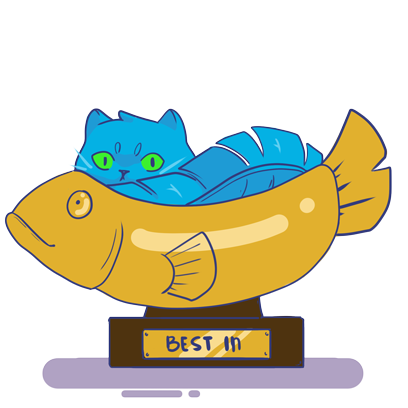
The phrase Nature Deficit Disorder came from my wife, Kathy. When I was writing Last Child in the Woods, I had been looking into research on Attention Deficit Disorder, and how researchers have found that just a little bit of nature experience – just a walk through trees in an urban park – can reduce the symptoms of Attention Deficit Disorder. Kathy said, “So what you’re really talking about is Nature Deficit Disorder, right?” Based on that, I named one of the chapters in my draft Nature Deficit Disorder. So, I can’t take much credit for the term. The publisher wanted it to be the title or subtitle, and I resisted that. Which shows you what I know about marketing! My publisher finally convinced me to have it in the subtitle. I reworked the book, which was a good idea because the book needed a spine, a motif. It gave focus to the book.
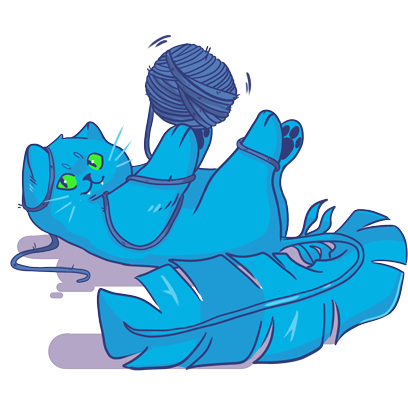
No, not at all! I thought I would be criticized for the phrase, but I came to think that only a phrase like this could ignite a large conversation. It has certainly helped. But when I was writing the book, I had no clue. I am thinking of getting a t-shirt that says, “Who knew?”
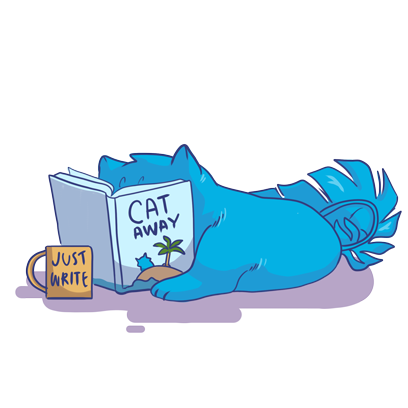
I suffer from it right now, actually! Writing books is difficult. You have to look at the screen a lot. Kathy and I just moved up in the mountains. We moved a few weeks ago from San Diego to Julian, California, a small town up in the Cuyamaca mountains. We’re hoping to reduce our Nature Deficit Disorder here! So far, it’s working. The Cuyamaca’s are a little bit like Scotland, although not as green, and instead of Scottish Wild Cats, we have mountain lions here. They just may be distant relatives of yours, Blue Cat! Though they’re not blue.
(Featured image credits: Josh Endres-Garden Design)

